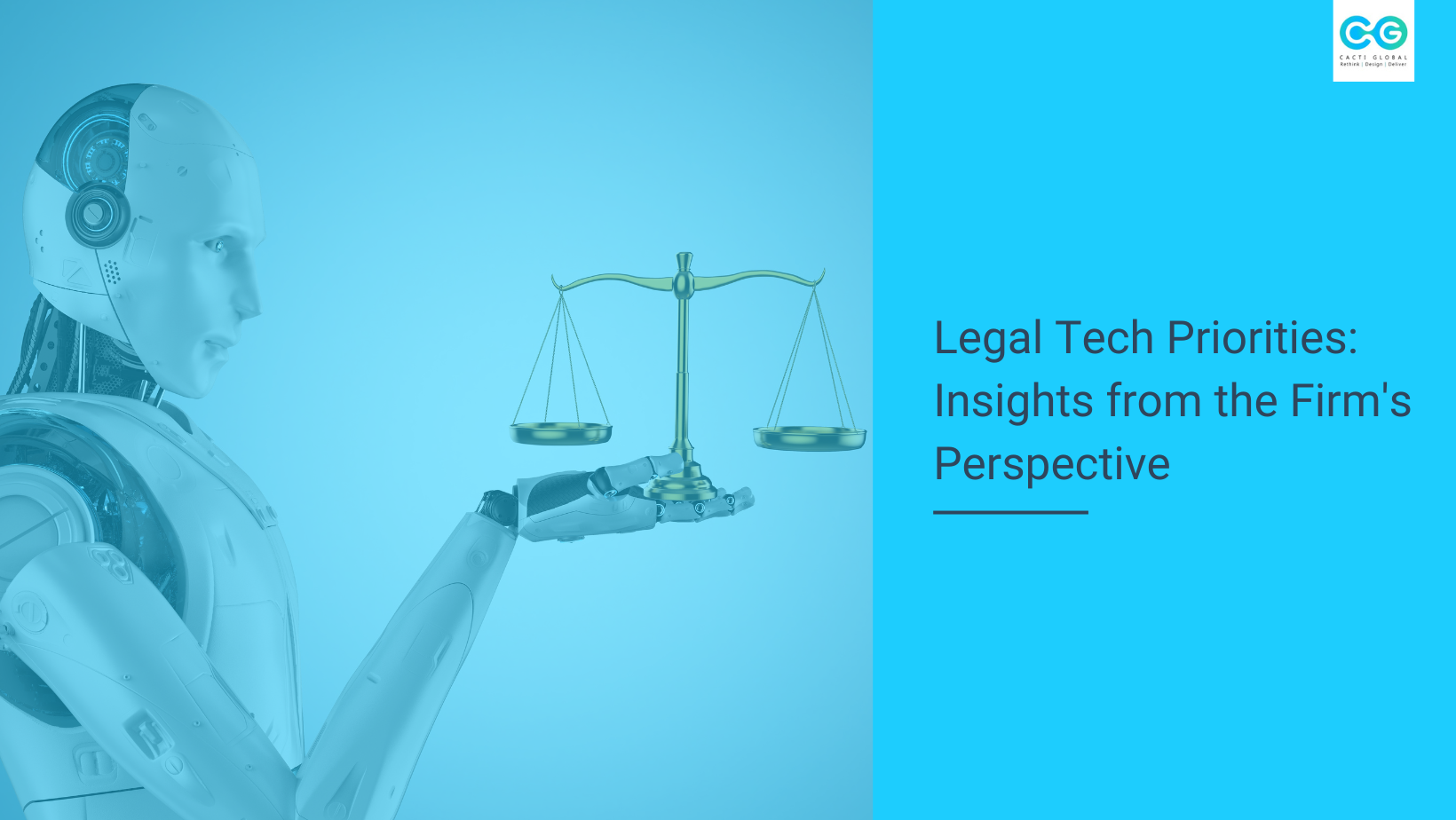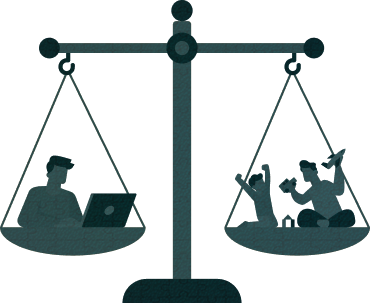Legal contract management, legal research, legal practice management, eDiscovery, and dispute resolution, are the top trending legal tech priorities for organizations in 2023.
The legal tech industry in the United States has raised USD 403 million in funding across 45 rounds in 2023 and 3 IPOs have taken place so far. 29 acquisitions have occurred in the segment and many more are expected.
Legal professionals are becoming “citizen developers” and adapting scalable, no-code solutions to streamline workloads and provide faster responses to queries. Businesses are working towards automating templates, legal processes, and document management workflows so that they can better focus on client services, eliminate repetitive activities, and prioritize strategic objectives.
Here are the top priorities of businesses for their legal function:
- Organizations will shift from using on-premises technologies to cloud services. Businesses will adopt cloud-native solutions, reduce dependency on traditional infrastructure, and take full advantage of the cloud’s scalability, resiliency, and flexibility. It will allow teams to seamlessly collaborate, process legal requests, and work from anywhere across the world.
- Gartner predicts that 63% of legal leaders will accelerate legal tech investments in the face of overwhelming inflation. They will emphasize the increased adoption of legal tech and legal tech automation to manage complex consumer demands.
- According to Catie Butt, executive director at A&O Consulting, companies will face an increased demand and accessibility for collective legal knowledge. Businesses will consolidate information on all levels, protect data, and deliver valuable insights to clients.
- Michael Callier, VP and Head of Solutions and Consulting at Factor, believes that the regulatory landscape in law will rapidly evolve. It will usher in the development of new legal provisions and services, especially the rise of new alternative legal services. Businesses will build their proprietary solutions to service clients and prioritize client relationship management. They will also identify new opportunities for selling legal tech products and improve back-end office operations.
The biggest legal technology trends are – legal notice management software, legal case management solutions, cloud-based case tracking, legal AI chatbots, virtual legal assistants, automated identity verification and management, and client data protection services. Companies will be busy streamlining their onboarding processes, reducing fraud risks, and implementing blockchain-based e-signing tools to digitally transform contract workflows. This will emphasize the highest security and data privacy across the entire contract lifecycle management process and make records tamper-proof. Robotic Process Automation (RPA) and legal transcription services are two other areas that businesses will be focusing on as well.











